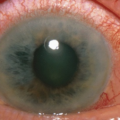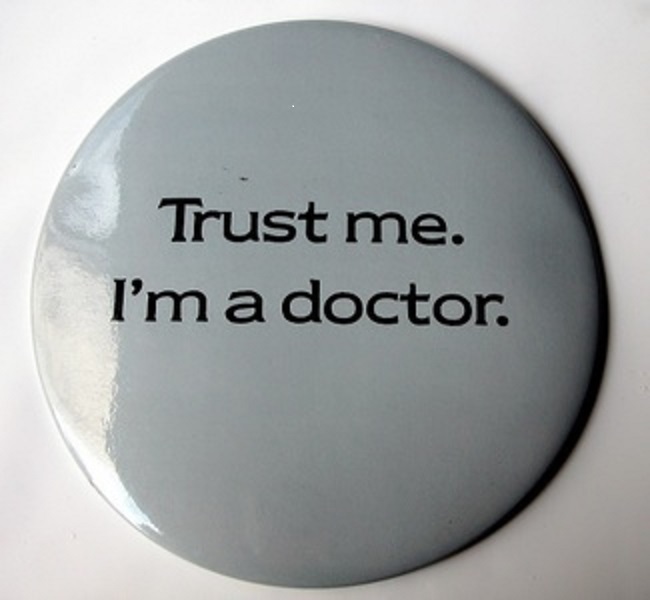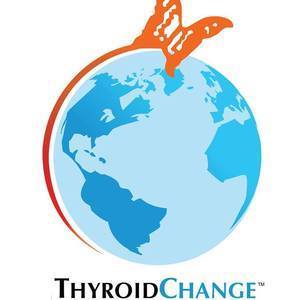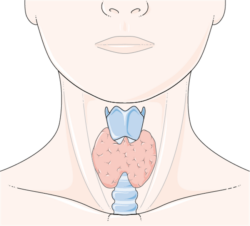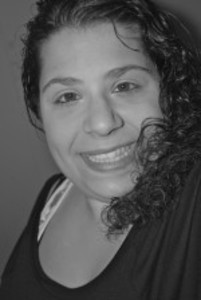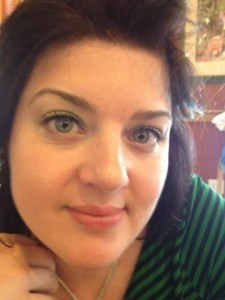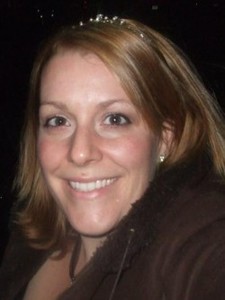He knows there may be other, better and much more likely explanations for my hair loss, my low body temperature, my inability to lose weight, low blood pressure, skin problems, mood swings, low T3/high rT3, iodine deficiency, brittle nails, memory loss, migraines, excessive ear wax, fatigue, carpal tunnel, allergies, lichen sclerosis, elevated LDL, low ferritin, insomnia, DHEA deficiency, erratic cortisol, PMDD, estrogen dominance, PCOS, obesity, vision problems, vertigo, tinnitus, moles, hemorrhoids, constant nausea, menorrhagia, loss of libido, coital pain, inability to labor, long gestation, high birth weight, baby with developmental delays, kidney cysts, cervical cancer, hypoglycemia etc. etc. etc. than a malfunctioning thyroid. He knows this, because he is an expert.
Yes, he is an expert in explaining why all these clinical signs and symptoms are present – and actually normal! According to him, one single cause cannot be at the root of them all. Even if there was a single cause, the thyroid hormone deficiency that I insist I have cannot – CANNOT – be it! Not even with my significantly iodine deficient status now, always and in utero. No. That doesn’t explain a thing.
“Is there anything you DON’T attribute to iodine deficiency???!” he asked with little effort to hide his expertise.
He suggests I am depressed and prescribes antidepressants. Yes, of course, why didn’t I think of that? I need antidepressants.
Antidepressants will cure it all. Even, I suppose, the iodine deficiency? And antidepressants will make my body hair grow back right? – I’ll not shave!
When I lost all my body hair, my doctor suggested this was an advantage, as many women would be delighted to be spared having to shave or wax. Yes, of course, I did a little (imaginary) happy dance around his office when he pointed out my bit of luck. In fact, I was so overcome with gratitude, I plain forgot that having hair might help me keep warm, as I am always frightfully cold.
The Brain Blind Spot – Where Hysteria Rules
I have come to the conclusion that modern medicine must be based on a theory of a Brain Blind Spot. This is the spot in your brain where your Imagined Symptoms and Inexplicable Clinical and Biochemical Signs that Will Not be Diagnosed originate. Since these symptoms affect mainly women, it is likely that the Blind Spot is governed by Hysteria – you know – Greek for Womb Related.
The Brain Blind Spot is 100% unaffected by what goes on in the body, otherwise, blood tests would pick up on it. Basically, the Brain Blind Spot produces pain, fatigue, depression and other spurious ails by itself and for no discernible reason. Luckily, there is one magic pill option; the one medicine, that can enter into the Brain Blind Spot and work its magic. It’s called an antidepressant. Antidepressants are apparently the only medication to reach the Brain Blind Spot.
TSH aka Truly She’s Hysteric
So, when the TSH (aka Truly She’s Hysteric) test falls within range, it is a sure sign that antidepressants are the path to take. Perhaps also weight loss and exercise, which are the other two tools in the expert doctor’s tool box. And these must be insisted upon even if the patient claims she “eats healthily and exercised regularly until crippled by her condition” – because we ALL know, we ALL sin. Until that last bit of chocolate is eliminated from our diets, we cannot claim to be truly healthy.
As an example, I shall again use myself. My doctor, who is an expert, suggested I eat less and exercise more. He’s right, of course. No one weighs more than their calorie intake allows. I just didn’t realize it was considered “normal” as he said, to weigh 84 kg (that’s 185 pounds for you Westerners) on a strict 1200 calorie a day diet. A diet, which is of course low GI, sugar free, organic, gluten free and generally really antisocial and – well – hysteric in the eyes of most people I know
He has two theories, which he has shared with me. First, he suggested that I was lying. This is, of course, the most plausible theory. Because if it were true that I am sustaining obesity on 1200 calories a day, it would suggest there was something awry with my metabolism, which according to the doctor there is not. However, rather crazily, I have actually kept a diary on sparkpeople.com of everything I have eaten since January 2009. I have weighed every morsel and ounce on my trusty kitchen scales and meticulously input it on the computer every day. I can document an average daily calorie intake of 1200. I told him that. I even offered him a printout of the entire 1762 days so he could see exactly what I’d been eating. He declined, and instead, offered another expert opinion: The 84 kilo is a normal weight for someone eating 1200 calories because how much we can eat depends largely on our activity level. So he concluded I must just be really, really inactive.
I should perhaps mention here that I actually walked from my car and to the doctor’s office myself. He didn’t come to my house. I am not bed bound. I still work, have three children, a husband, a home and a pretty normal daily life
In fact, reading on the side of pretty much every packaged food product I have in my house, a “normal” woman should be able to eat 2000 calories a day. Food manufacturers, gyms and government officials that stipulate guidelines are not experts and guidelines are just guidelines. Not facts based on expertise. This is evident. Because according to their calculations, I should be half the weight I am if I were to maintain my weight on 1200 calories.
Did I mention I’m also breastfeeding?
No?
Don’t get me wrong. Although it would be nice to be slimmer, I am not vain. This is not vanity. I simply resent the assumption I meet from the broad public that I must be eating more than the 2000 calories that packaging and national guidelines propose is maintenance sustenance for me at my age, body weight and activity level. Otherwise, I would be slim. That’s the rule. You eat more than “normal” therefore you are overweight. Well, I don’t. And I am.
Luckily, my doctor now agrees. The guidelines are wrong. Calorie needs are individual, he reassures me. My inability to lose weight signifies nothing. He is, after all, the expert. Yet again, he manages to reassure me: There’s nothing abnormal in my weight versus calorie intake.
Of Dragon Tales and Beauty Products
Nor is there anything wrong with my resting pulse of 34. Or my dragon scaled legs. My son actually believed me when I claimed I had come out of a dragon’s egg. Okay, he’s nearly six years old now and has stopped believing it, but I did go through a phase of extreme temper outbursts, so with the coarse, wiry hair and the scaly legs, I couldn’t really blame him.
My doctor says I need better beauty products. You know, shampoo and moisturizers. My mum tells me she was told the same when I was a baby with scaly legs. No baby soft skin on me, so perhaps I did come from a dragon’s egg after all – a dragon that never bothered investing in some really good beauty products.
And What Do the Signs Say?
When I first presented my symptoms to my doctor, I thought the 1200 calorie a day diet, the hair loss, the pulse, the scaly legs and so much else on my list were actually “clinical signs”. My doctor says they’re not. It’s only a clinical sign if it can be verified by him, the expert.
It took me a while, actually, to realize the difference – in doctor speak – between clinical signs, biochemical signs and symptoms.
A clinical sign is one that the doctor can subjectively determine. You know, like a goiter. A biochemical sign is blood, urine, saliva, poo and other bodily excretions tested against laboratory standards, like the Truly She’s Hysteric test (Gold Standard, I hear). The symptoms are how you feel. The debilitating reality of your life that the doctor can’t see, the blood doesn’t tell and which can therefore be brushed aside, ridiculed and given spurious labels and diagnosis depending on the level of expertise of your doctor. Of course, my doctor must prioritize signs over symptoms. It is, after all, more important what he sees, than how I feel. My Brain Blind Spot is playing tricks on me again. I understand that now.
Anyway, enough about me and my symptoms. I’m just so relieved it’s not my thyroid. I hear that thing is a bitch to get right, so it’s nice my symptoms are not thyroid related and can be sorted with antidepressants.
YAY for antidepressants! Three cheers for the cure-all! Hurray for my expert doctor!
Did I mention, antidepressants cause weight gain? Maybe, he forgot about that.
This article was published originally on Hormones Matter in November 2013.
Share your Story
If you have a story about misdiagnosis, please consider sharing it on Hormones Matter.
We Need Your Help
More people than ever are reading Hormones Matter, a testament to the need for independent voices in health and medicine. We are not funded and accept limited advertising. Unlike many health sites, we don’t force you to purchase a subscription. We believe health information should be open to all. If you read Hormones Matter, like it, please help support it. Contribute now.


